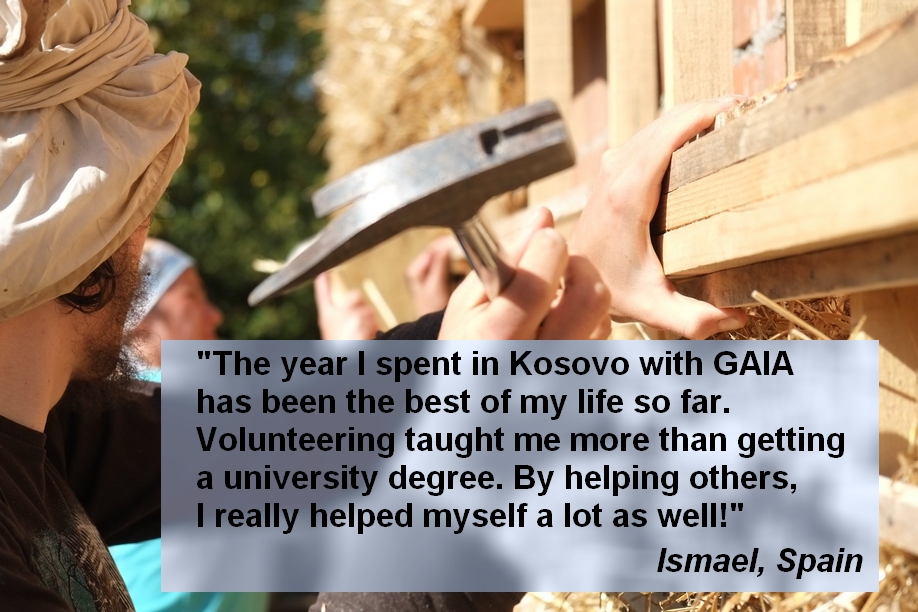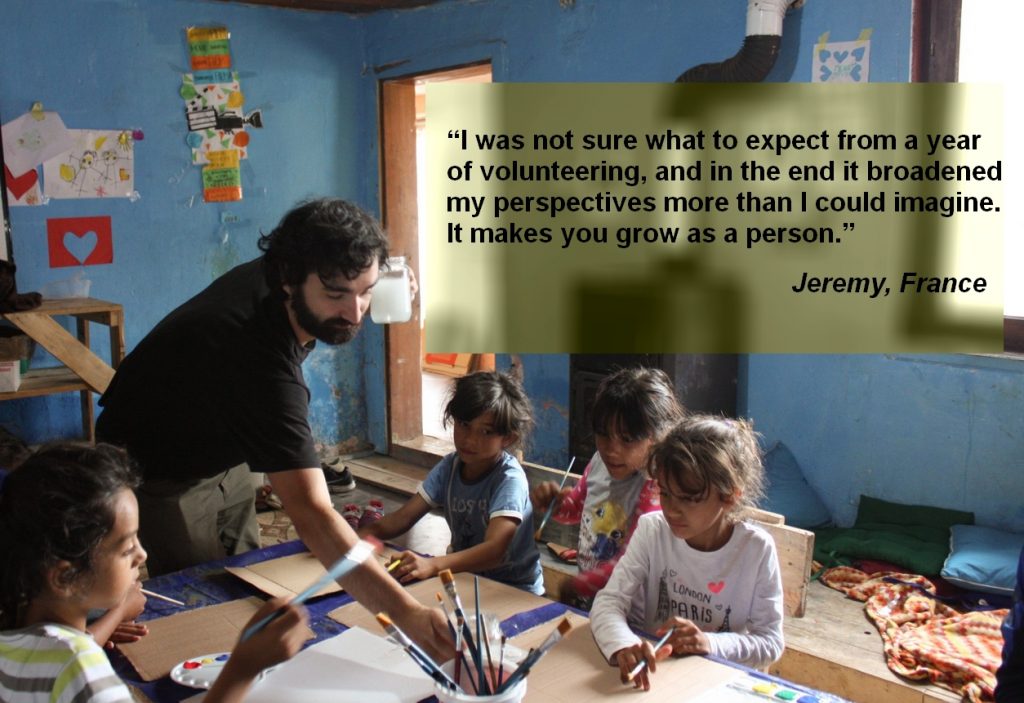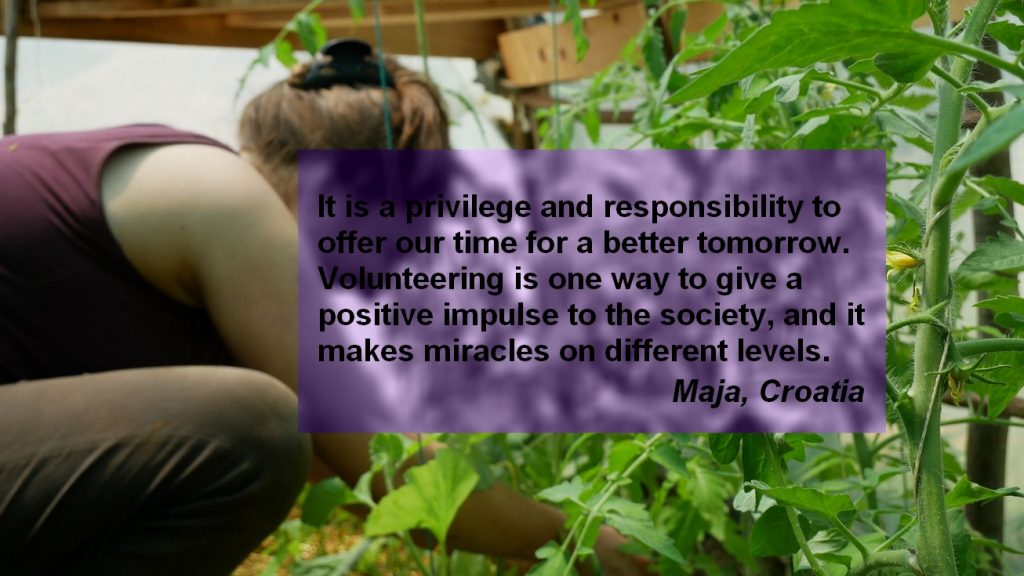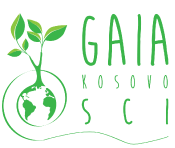European Solidarity Corps (ESC) – Information for interested organizations
The European Solidarity Corps aims to foster solidarity in the European society, engaging young people and organisations in accessible and high-quality solidarity activities. It offers young people opportunities to show solidarity, express their commitment to the benefit of communities and help resolve challenging situations across Europe. At the same time, it enables young people to acquire useful experience, skills and competences for their personal, educational, social, civic and professional development, thereby improving their employability.
The European Solidarity Corps builds on the achievements of more than 25 years of European programmes in the fields of volunteering and youth, especially on the experience of the European Voluntary Service.
ESC allows young Europeans from 18 to 30 years old to join an organization abroad, as volunteers, with financial help provided by the European Commission. As Kosovo is a partner country of this programme, organizations from the country can host volunteers from ESC’s participating countries.
Receiving volunteers to assist you in your programs’ implementation grants big advantages for organizations. Young people bring with them motivation to help the local community, experience from their own country, a sense of innovation that can boost a team of local volunteers. Working as a multicultural team is always a way to find new ways to do things, to brainstorm in new ways, to think out of the box. But the ESC program covers the costs of accommodation, food, local transport, visa and travel for the volunteer, as well as some administrative costs in the cases of hosting or sending volunteers.
There are two types of volunteering activities that an organization can plan:
- Individual volunteering, where an international volunteer gets involved full-time in a local project, for a time ranging from 2 to 12 months. If it has the capacity, an organization can receive more than one individual volunteer at once.
Note that in some cases, volunteering activities of 2 weeks to 2 months can be put in place for young people with fewer opportunities. - Volunteering teams, where a group of 10 to 40 young people can come to participate in an activity from 2 weeks to 2 months.
Both types of activities are a way for organizations to get things done, through the motivation and energy of young people from different societies. Everyone benefits from those projects.
Of course, hosting volunteers implies a set of responsibilities. The hosting organizations have to ensure that the young people coming to them are hosted in a proper and safe way (suitable accommodation, healthy food, support for integration to the local community, assistance for local transport, etc.), provided with support and meaningful tasks that do not replace jobs, and which have impact on the local community and are a proved learning experience for the volunteer. Hence, organizations and institutions that wish to host volunteers must, as a first step, apply for a Quality Label, the certification that they have the capacity to participate in the ESC program. They need to understand the programme, its values and its requirements, and demonstrate that they are able to support the volunteer(s) throughout the implementation of the project. Once the Quality Label is obtained, the organization, together with its partner organization from an ESC participating country, can apply for an ESC grant, and receive its first European volunteer(s).
The Quality Label (former accreditation process) is an organisation’s entry ticket for the European Solidarity Corps. It is a prerequisite for participation in Volunteering projects, but does not automatically lead to a European Solidarity Corps project grant. The future project grant applications will be assessed based on the criteria presented in the Programme Guide (published for each year) and according to the quality of the specific project.
The applications for the Quality Label can be submitted at any time during the programming period. Applications from Kosovo should be submitted to SALTO South Eastern Europe.
There are two types of roles that an organisation or institution can assume through ESC:
- Host role, selecting volunteers to join your programs, welcoming them while ensuring their accommodation and learning experience;
- Supporting role, sending volunteers in projects abroad, preparing them before the departure, supporting them by distance during the implementation of the project, and then facilitating their return to Kosovo.
Organisations and institutions, when applying for the Quality Label, can decide to apply for the role of hosting, supporting, or both.
Organisations from Kosovo, as well as other organizations from so called partner countries, can participate in volunteering activities as partners.This means that applications for volunteering activities have to be submitted by a partner organizations established in an participating country (EU Member States, Iceland, North Macedonia and Turkey). This can be any public or private organisation holding a Quality Label. For organizations which do not yet enjoy partnerships abroad, the list of ESC accredited organizations can be found online, a way to contact new potential partners.
Accredited organizations can also send local volunteers to ESC projects abroad. Supporting organizations assist the outgoing volunteers, ensuring that the youngsters benefit from the experience and supporting their reintegration to society upon their return, where they can continue solidarity work.
Hosting volunteers is not a burden, it is an asset. GAIA is a volunteer-based organization, and we cannot thank enough all the inspiring young people who joined us, for a few months or for longer, with the common goal of helping make the world a better place while learning about others and about themselves. We want to encourage Kosovar organizations and institutions to join the movement and to be part of these rich international exchanges.



Useful information about the European Solidarity Corps
SALTO South East Europe Resource Center
Publications related to the concepts of solidarity
Voices of volunteers: a list of testimonies from volunteers throughout the world
Stories from our volunteers: Florian, Célia & Hugo, Élisa
Shifting perspective, a project undertaken by our volunteers during the COVID-19 crisis
If you want to have more information and assistance, GAIA can come visit your organization to discuss about ESC. Whether you are interested to be introduced to the basics of the program, already into the accreditation process, or newly accredited but not sure how to proceed with the activities of the program, we can come and help you, anywhere in Kosovo. Contact us on info@gaiakosovo.org and we can arrange a meeting.
You can find more detailed information on ESC on our Frequently Asked Questions (FAQ) page.





